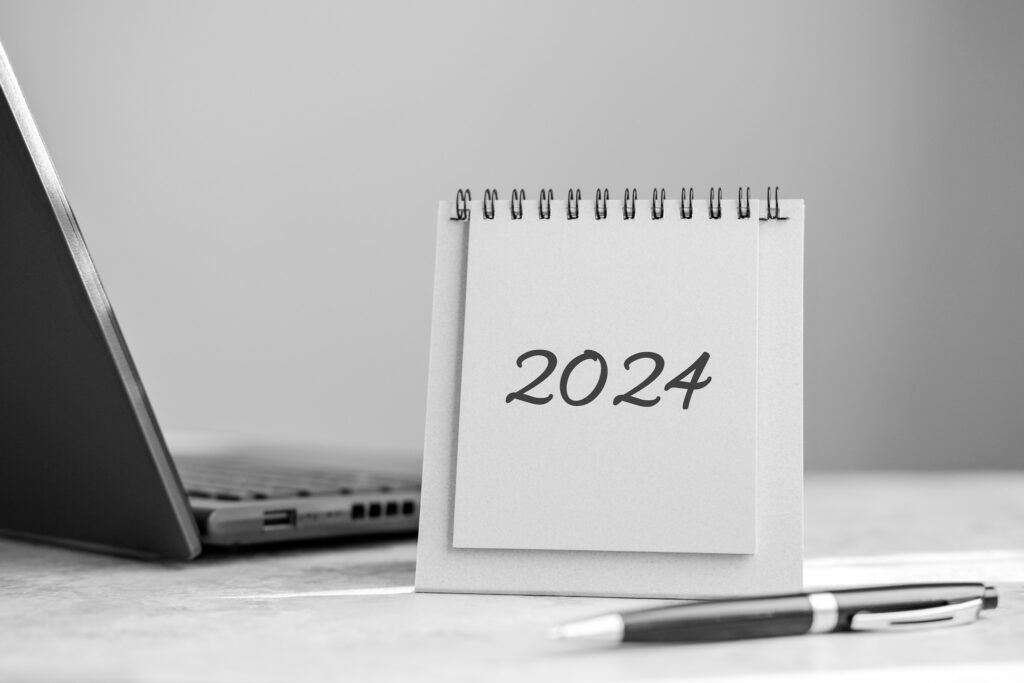Data collection and privacy
So why should we think about our security and privacy concerning data collection? Haven’t companies always recorded and kept our data, used it to communicate with us and try to target us better with ads or relevant information? Well yes, we have been giving away our data for a long time, but the way it is recorded, managed, used and sold to other companies has changed over the past years. As many companies are part of bigger multinationals, we are often unknowingly giving data to a much wider range of companies to be used for many purposes, including being sold to other companies for advertising purposes and similar uses. Aside from that, we are also giving more information than we think, as online tracking and the analysis of our habits and behavior has become more advanced. We approve cookies on websites without a second thought, and don’t even consider that with this action we are allowing our actions to be tracked and recorded, our data kept by a third party and so on.
This has a lot to do with the emergence of Big Data and the way companies are now processing and using data. So what is Big Data actually? Big Data basically represents a huge amount of data, which is arriving constantly at a great speed and exponentially increasing its size over time. Big Data cannot be captured or processed by any previous means of data collection and analysis. It includes a wide variety of information, basically anything that can be tracked or stored about a person, company, their actions and similar – this includes names, addresses, numbers, location, photos, social media posts, online behavior, preferences and any other information which can be observed and recorded. This information can be given with the person’s explicit approval and knowledge, or it can be a product of cookies, online tracking and more subtle means which individuals are not always aware of and are not necessarily agreeing to give away that information.
Current regulations surrounding big data
Big Data is relatively new, and as such not always regulated and monitored as it maybe should be. In certain countries there are still no data regulations concerning Big Data or any type of data collection. In the EU we have the GDPR (General Data Protection Regulation), which can partially influence and regulate Big Data, even though it’s not aimed specifically at Big Data and is not a sufficient solution.
The GDPR is aimed at protecting individuals and ensuring only the necessary data is collected, as well as stored and used in an ethical way and with the individual’s approval. This comes in contrast with Big Data which is aimed at collecting as much data as possible in order to make analyses and decisions based on it. Big Data is circulated globally between big companies, multinational organizations, advertisers and partners. Consent is usually asked in a very simple and basic manner and people are not really aware what they are consenting to. This is not necessarily due to the company trying to trick us or avoid transparency, but due to our wish to simplify everything and go the easy way. We don’t really read any of those notifications asking us for consent and what we are giving away. The truth is that even when we give away data, with GDPR we are still technically the owners of this data and can ask companies to delete it or stop using it – this is just not worth the time and effort for most of us.
Can Big Data become more ethical?
We have become used to this constant connectedness and information overload, and we don’t think too much about giving our information away. This doesn’t have to be a bad thing, but it can become dangerous if all this data ends up in the wrong hands or is misused by companies. We should be aware of the complexity of Big Data and think about how hard this vast information flow is to control and keep safe. With more regulation and laws around data the ethical implications could improve, but this requires the good intentions of people working to protect our data as well as advanced technologies. If the processing of Big Data becomes more controlled it could help us ensure less data leaks and hacks, make individuals more safe and help us regain some trust in companies which are handling our data.
Ethical Big Data needs to ensure informed consent, with a sufficient effort from the company collecting the data to help the individual understand what and why they are collecting, as well as the rights the individual has concerning this data. There should also be further regulations and very good encryption for any sensitive private information, as well as ensuring such sensitive data is only collected when absolutely necessary. Individuals should keep a right to edit or delete their data, take back consent or make other necessary actions regarding the data they provided to a certain company. Another important issue is ensuring that the information collected doesn’t influence any discriminatory or biased decisions and practices. Taking care of the safety and well-being of individuals should always be a priority.
Some extra sources:
https://blog.hurree.co/blog/the-ethics-of-big-data
https://www.forbes.com/sites/forbestechcouncil/2020/03/31/the-ethical-data-dilemma-why-ethics-will-separate-data-privacy-leaders-from-followers/?sh=46ddbd4e14c6
https://techgdpr.com/blog/impact-of-gdpr-on-big-data/







 Cookie/Privacy Settings
Cookie/Privacy Settings